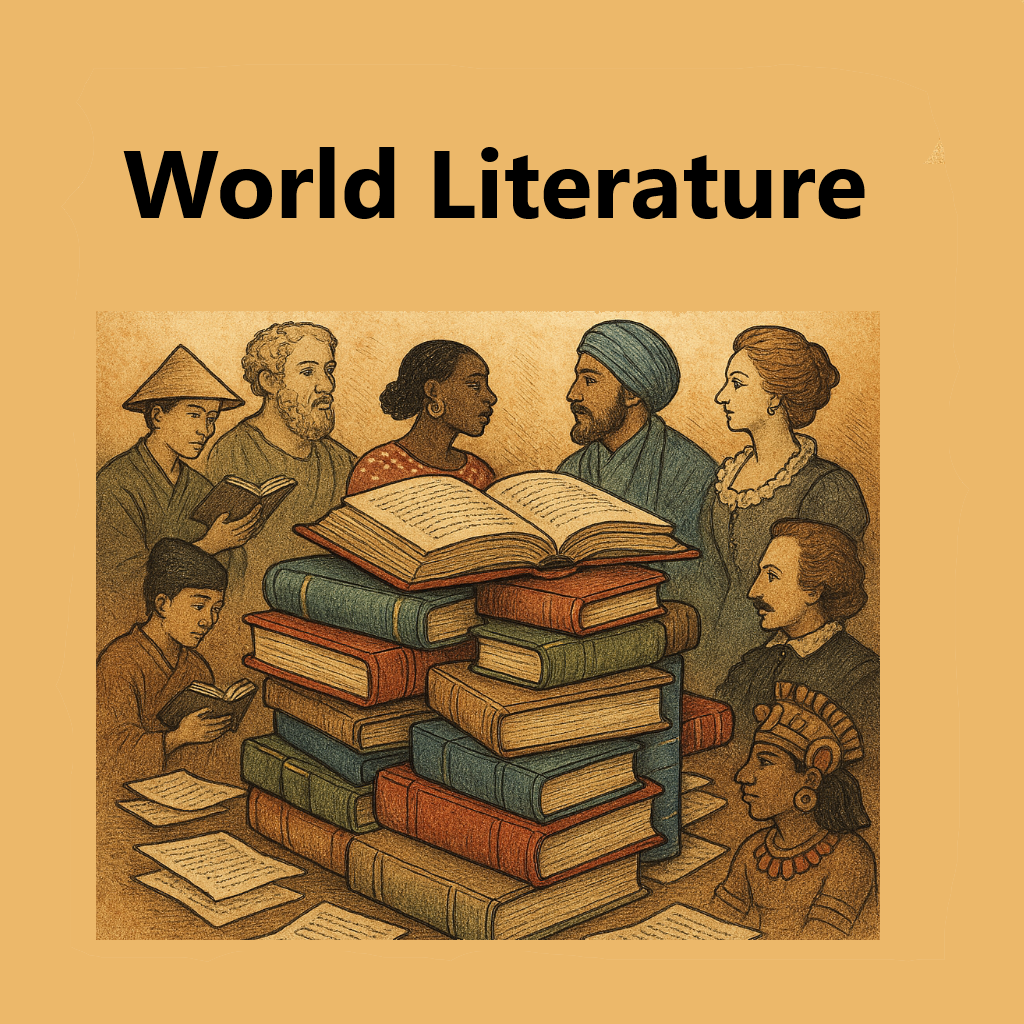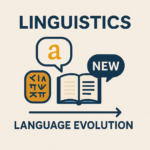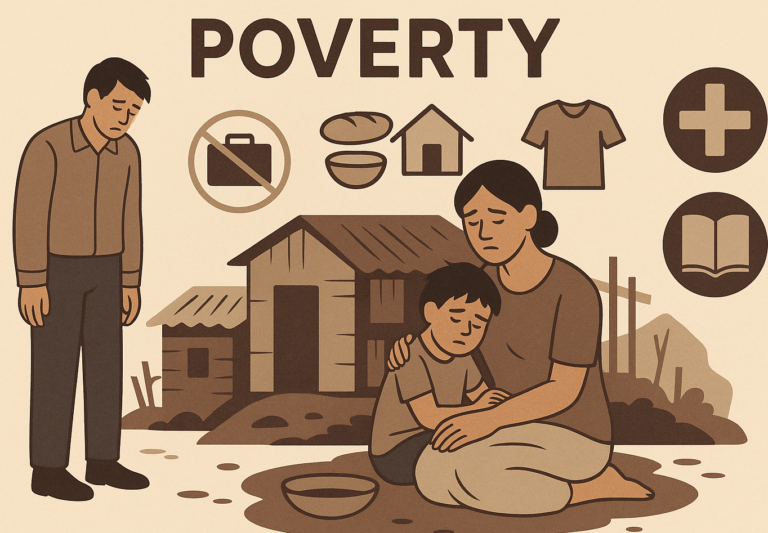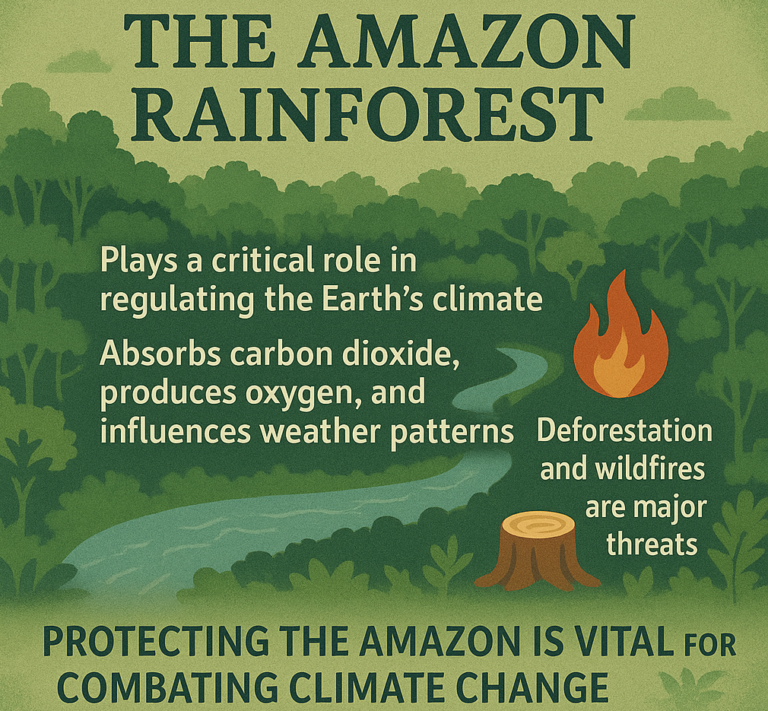World Literature: A Simple Overview
World literature refers to the vast collection of written works from all around the world, spanning different cultures, languages, and time periods. It includes novels, poems, plays, short stories, and other forms of writing that have shaped our understanding of human experiences, emotions, history, and society. In simpler terms, world literature is the combined treasure of stories and ideas from every corner of the globe.

Why is World Literature Important?
World literature helps us understand different cultures, history, and perspectives. When we read books from different parts of the world, we gain insights into how people live, think, and experience life in other countries. It teaches us empathy, broadens our worldview, and helps us connect with people from different backgrounds.
Think of it as a bridge that connects people across time and space, showing us that despite our differences, we share many common themes in life—like love, loss, struggle, and joy.
Key Themes in World Literature
- Human Nature: Many works explore what it means to be human, dealing with universal themes like love, friendship, betrayal, loyalty, justice, and freedom. These themes help readers understand the complexities of human emotions and relationships.
- Identity and Belonging: Literature often deals with questions of identity, where characters struggle to find their place in the world. Whether it’s personal identity, cultural identity, or national identity, writers explore how individuals see themselves and how society sees them.
- Conflict: Many works of world literature focus on conflict—whether it’s internal conflict (a character’s struggles with their own feelings or choices) or external conflict (fighting against other people, nature, or societal norms). These conflicts can be on a personal, political, or social level.
- The Role of Society: World literature often reflects how society shapes individuals. It can show how characters either conform to or rebel against the rules, traditions, and expectations of their time. These stories can comment on issues like class, gender, and power.
- The Quest for Knowledge: Many literary works involve characters seeking knowledge, wisdom, or understanding, whether it’s through travel, introspection, or learning from others. This theme shows our desire to explore the world around us and understand the unknown.
Different Types of World Literature
- Classical Literature: These are the early works that have been passed down for generations and have influenced much of what we read today. Some famous examples include:
- Homer’s “The Iliad” and “The Odyssey”: Epic poems from ancient Greece that tell the stories of the Trojan War and the adventures of Odysseus.
- Virgil’s “Aeneid”: An epic Latin poem that tells the story of Aeneas and the founding of Rome.
- The Mahabharata and The Ramayana: Ancient Indian epics that explore morality, duty, and the lives of gods and heroes.
- Modern Literature: This includes works written from the 19th century to the present. Many modern writers explore themes of social justice, human rights, and personal identity. Famous examples include:
- Leo Tolstoy’s “War and Peace”: A historical novel set during the Napoleonic Wars that examines the effects of war on society and individuals.
- Gabriel García Márquez’s “One Hundred Years of Solitude”: A landmark novel in Magical Realism, blending the real and the fantastical to tell the story of a family over several generations in Colombia.
- Chinua Achebe’s “Things Fall Apart”: A story about the clash between traditional African culture and European colonization.
- Poetry: World literature also includes a rich tradition of poetry, from ancient to modern times. Poetry often uses rhythm, metaphor, and symbolism to express deep emotions and ideas.
- William Shakespeare’s Sonnets: Some of the most famous poems in English literature, focusing on love, time, and beauty.
- Rumi’s Poems: Persian poet Rumi’s mystical poems on love and spirituality have inspired readers worldwide.
- Drama: Plays and theatrical works have long been a significant part of world literature. They present human emotions and conflicts through dialogue and action. Some famous plays include:
- Sophocles’ “Oedipus Rex”: A Greek tragedy exploring fate, guilt, and self-discovery.
- Anton Chekhov’s “The Cherry Orchard”: A Russian play about societal change, personal loss, and the passage of time.
- William Shakespeare’s “Hamlet”: A tragedy that delves into themes of revenge, morality, and existential angst.
- Fables and Folktales: Stories that have been passed down through generations, often featuring animals, gods, and humans. These tales usually contain a moral lesson. For example:
- Aesop’s Fables: Famous stories like “The Tortoise and the Hare” teach lessons about patience, persistence, and humility.
- Grimm Brothers’ Fairy Tales: German folktales like “Cinderella” and “Hansel and Gretel” that have captivated audiences worldwide.
Some Famous Writers in World Literature
- Homer (Greece): Known for his epic poems The Iliad and The Odyssey, which have had a profound influence on Western literature.
- William Shakespeare (England): Considered the greatest playwright of all time, Shakespeare’s works like Romeo and Juliet, Macbeth, and Hamlet are widely read and performed today.
- Gabriel García Márquez (Colombia): A Nobel Prize-winning author known for his magical realist works, especially One Hundred Years of Solitude, which blends the fantastical with everyday life.
- Leo Tolstoy (Russia): The author of epic novels such as War and Peace and Anna Karenina, Tolstoy explored complex characters and the impact of social change.
- Chinua Achebe (Nigeria): Widely regarded as the father of African literature, Achebe’s Things Fall Apart explores the impact of colonialism on traditional African societies.
- Franz Kafka (Austria-Hungary): A writer known for his surreal and unsettling works like The Metamorphosis, which examine alienation, identity, and the absurdity of life.
Why Read World Literature?
- Cultural Understanding: By reading world literature, you gain a deeper understanding of other cultures, traditions, and beliefs. It helps break down stereotypes and build empathy for people from different backgrounds.
- Emotional Growth: Many works of literature deal with universal emotions and human experiences, such as love, loss, and joy. Reading these works helps us understand and connect with our own emotions.
- Critical Thinking: World literature often challenges readers to think critically about social, political, and moral issues. It encourages questioning of societal norms and exploring alternative viewpoints.
- Expanding Perspectives: Literature offers us a chance to experience life through someone else’s eyes—whether it’s a character in ancient Greece or a modern-day poet from Japan. This broadens our understanding of the world.
Conclusion
World literature is a vast and rich treasure trove of stories, ideas, and perspectives from every corner of the world. From ancient epics to modern novels, literature helps us explore human nature, society, and the world around us. Reading books from different cultures and time periods can open our minds, challenge our thinking, and connect us to others across the globe. Whether you enjoy poetry, drama, or novels, there’s something in world literature for everyone to discover and appreciate.











